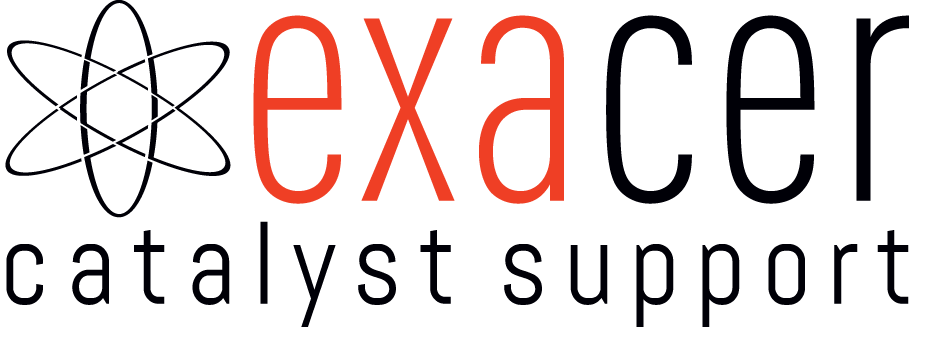Company History
Originating from roots in the ceramic industry, in 2004 Exacer was founded as a privately held company in Sassuolo, Italy.
The company started out with ceramic rings as hotspot reducers and coating substrates, which are employed in highly exothermic chemical reactions, such as the synthesis of formaldehyde or phthalic anhydride. After the initial success of this business, Exacer started soon to spread out its product basis to other materials and technologies and could finally provide a broad portfolio of catalyst supports for the chemical industry.
In 2014, Exacer again expanded its portfolio and started a new segment for “toll manufacturing”, where the customers provide their own raw materials, such as catalyst spray powders. The request grew rapidly, such that the current production site became too small, and the company had to move to today’s headquarters in Via Puglia, which was opened in 2016.
Triggered by new toll manufacturing projects, Exacer also established a dust-controlled area, where more hazardous chemicals could be processed. In 2018 a full new, continuous production line was set up during a lead-time of only 4 months upon an urgent customer request. This line also included the installation of a DeNOx-abatement unit on the site.
In 2019 Exacer strongly strengthened its global footprint and started to establish a global network of regional sales representatives to be in close communication with their customers all around the globe. In 2021, Exacer’s success story raised the interest of a capital funds, NB Aurora, from the global Neuberger Berenberg Group and they entered as a minority stakeholder, which significantly strengthened the financial basis and helped to drive a professional set-up of the company structure.
Driven by the general need to reduce the use of fossil resources, Exacer launched in 2022 a project for solar panels with a combined peak power of ~300 kW (see also ‘project section’). Consequently, Exacer is also working on new, highly automated production lines, that will reduce the specific energy consumption for their products further. A first large extrusion line of this type is started-up within 2023. Exacer will continue to improve its efficiency and is also now exploring the capture of CO2 and the use of hydrogen in their manufacturing processes.



